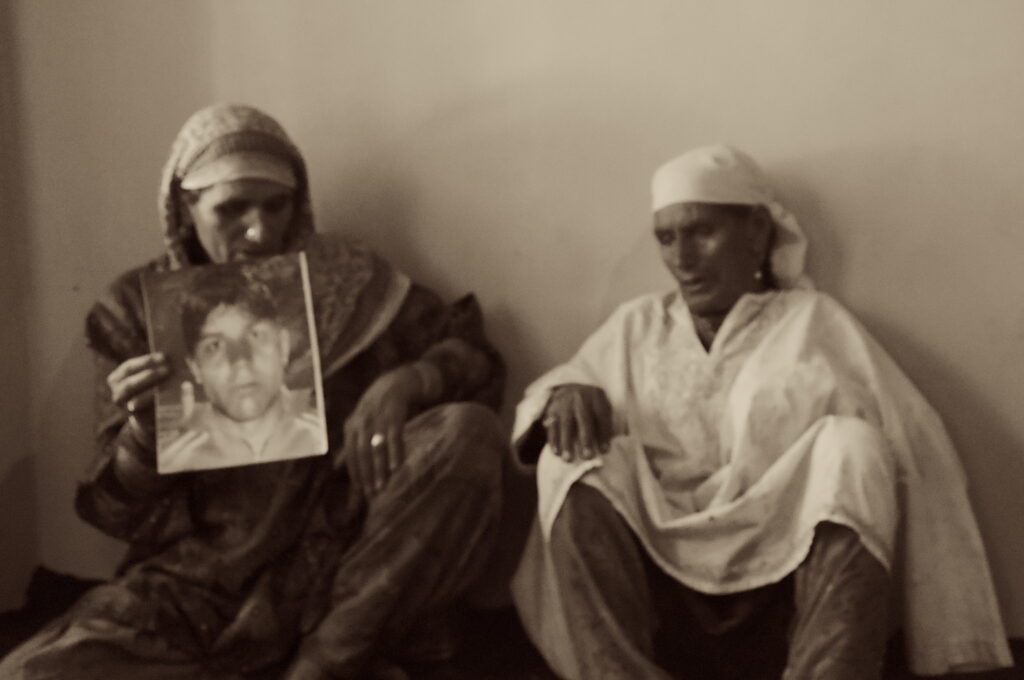Earlier I Had Nightmares, Now I Have Insomnia

If you missed the introduction to “Earlier I Had Nightmares, Now I Have Insomnia,” you can find it here.
The world seemed dark inside out, lethal barbarism everywhere
Our lives had been taken away, overnight and every night
This was not the first time; we looped with this seizure all the time
The sun and the moon met many times
Only to part away the shines
Strikes, curfews, calls, Section 144, crackdowns, CASO
[1]
[1]
“Calls” in the context of Kashmir refer to the strikes called against the Indian state by Kashmiri separatists. Section 144 of the Code of Criminal Procedure refers to a section in the Indian constitution that is issued in perceived urgent cases of security threat or riot in the country. It bars the assembly of four or more people in an area where it is imposed. It also empowers authorities to block internet services and restricts people from carrying any type of weapon in the area. Punishment can be up to three years. This section has frequently been imposed in Jammu and Kashmir to curb the dissent of people. CASO stands for “cordon and search operations,” a military tactic in Indian-occupied Kashmir used to search for hidden militants, weapons, or contraband in specific areas. The targeted area is cordoned off to launch a search operation against insurgents in which locals are at risk of being killed or injured during the crossfire. Such operations have also been used in Afghanistan, Iraq, and Syria.
Murders, killings, extrajudicial killings, fake encounters, forced disappearances
[2]
[2]
Police and paramilitary personnel openly fire on protestors, but such violence goes unpunished due to the Armed Forces Special Powers Act, which provides impunity to army personnel. Human rights organizations have called for it to be repealed.
Day raids, night raids, noon raids, evening raids
Blitz and blitz robbing us all the time
This was the Normal of “intellectual colonialism”
But then suddenly came a New Normal, which shook the world and the intellects
Lockdown was the catchphrase on every mouth
But ours was the impending lockdown, for the intellectual colonist went even lower
Coronavirus or COVID-19, Remdesivir or Hydroxychloroquine
Community Transmission or Herd Immunity, Social Distancing or Physical Distancing
All seemed known to the hearts and minds in the Valley of Heaven
The hearts drenched with melancholy, the minds blurred with existence
The bodies painted with bullets, the souls whispered their longing
The world raced to get the cure for the wildfire virus
We still raced to get the cure for our bruised souls and minds
Those minds that are blown to ashes of the destitute
Those minds that never saw the sun setting on the oppressor
And then I question myself, How can I be at peace?
I come from this valley of ashes too
Where solace is gone, where nightmares are gone, where insomnia only exists
Earlier I had nightmares, now I have insomnia
And so many like me ache in the same restless despair

























